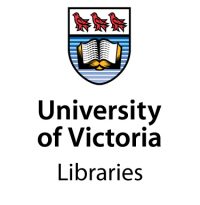Feb. 16, 2021|Toronto Star via UVic News
After two decades of hiding his ancestral tongue, Levi Martin was reintroduced to Tla-o-qui-aht and is one of the estimated 10 percent to speak it fluently. And as one of the many children sent to Residential Schools, he isn’t the only one that struggled after losing a crucial part of his identity. Thankfully, a platform called FirstVoices (launched in 2003) has a growing database of Indigenous languages and can be used as a reference guide for those hoping to learn or relearn. Those involved in the website’s efforts are always encouraging others to contribute their knowledge of different dialects, pronunciation, and more to safeguard against language extinction.
“Many of the languages are spoken as first languages by a very small handful of elders and those elders are passing on,” [Sonya Bird] said. “If language revitalization efforts don’t happen now, within the next decade or two, we’ll have lost a lot of those elders and knowledge keepers.”
Sonya Bird, an associate linguistics professor at the University of Victoria, is one of the many members a part of the Indigenous languages revitalization projects. Her area of focus has been pronunciation, particularly with long sequences of consonants, and providing the tools to achieve oral proficiency. If you wish to explore more of her work, The Copyright and Scholarly Communications Office encourages you to visit Dr. Bird’s publications through UVic’s institutional repository, UVicSpace and browse her list of her publications.
